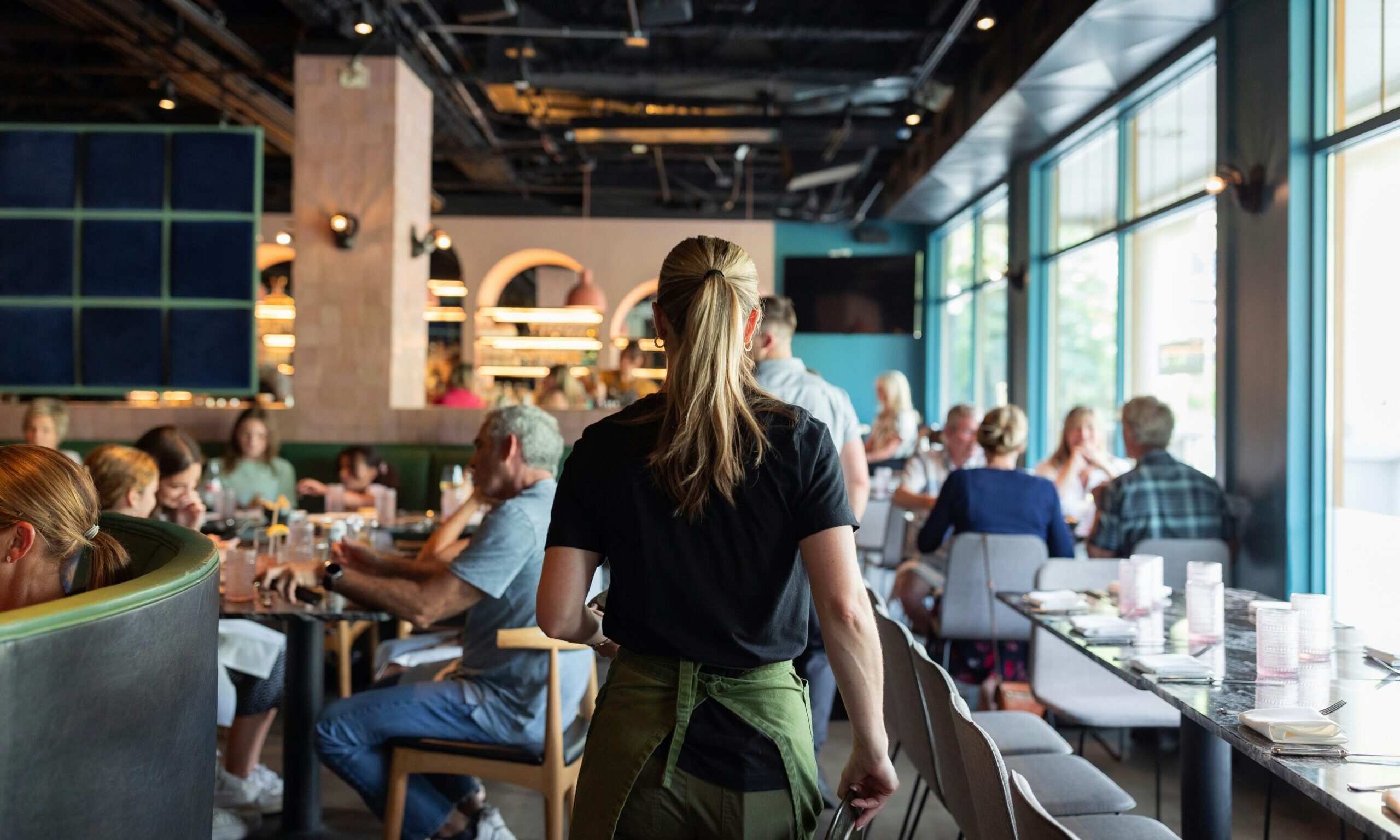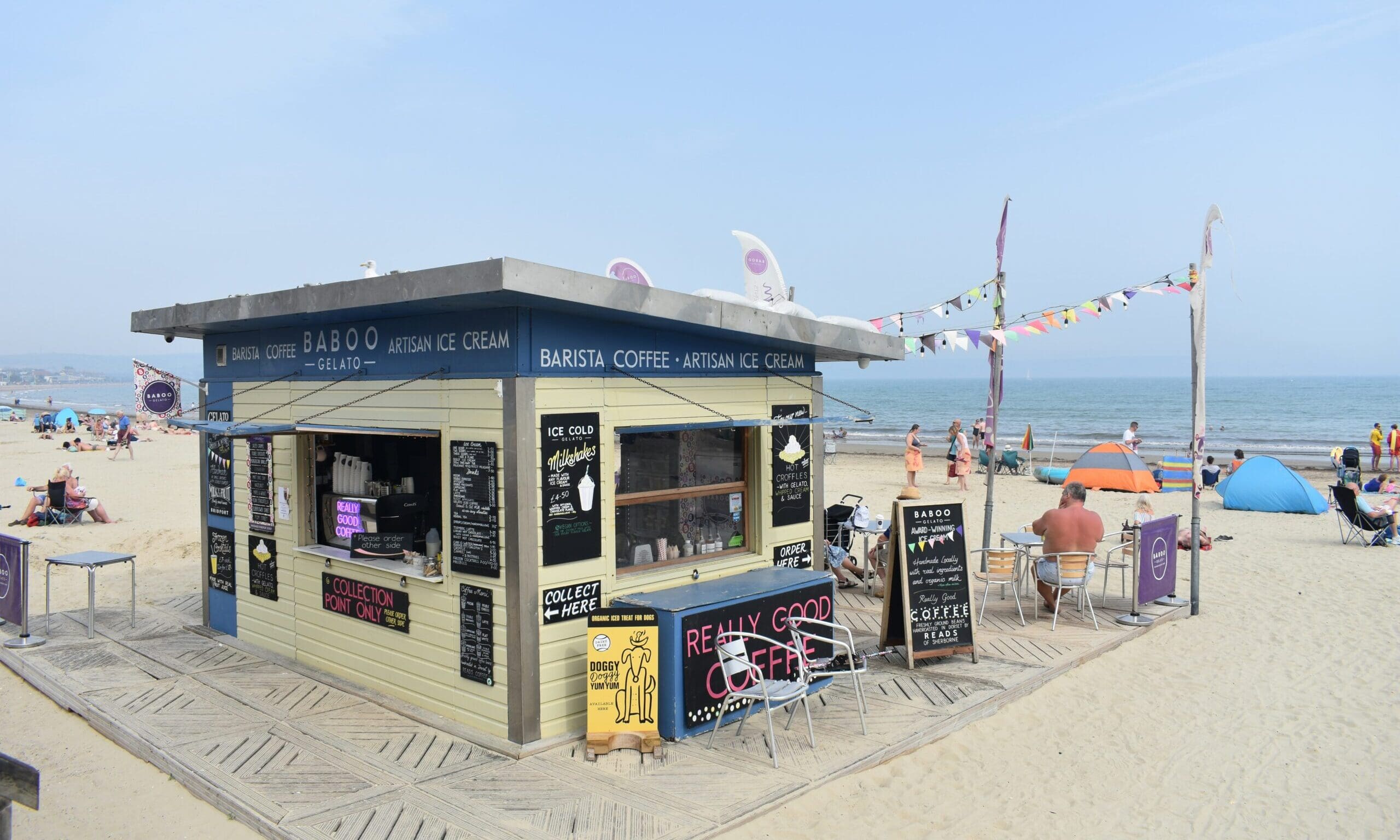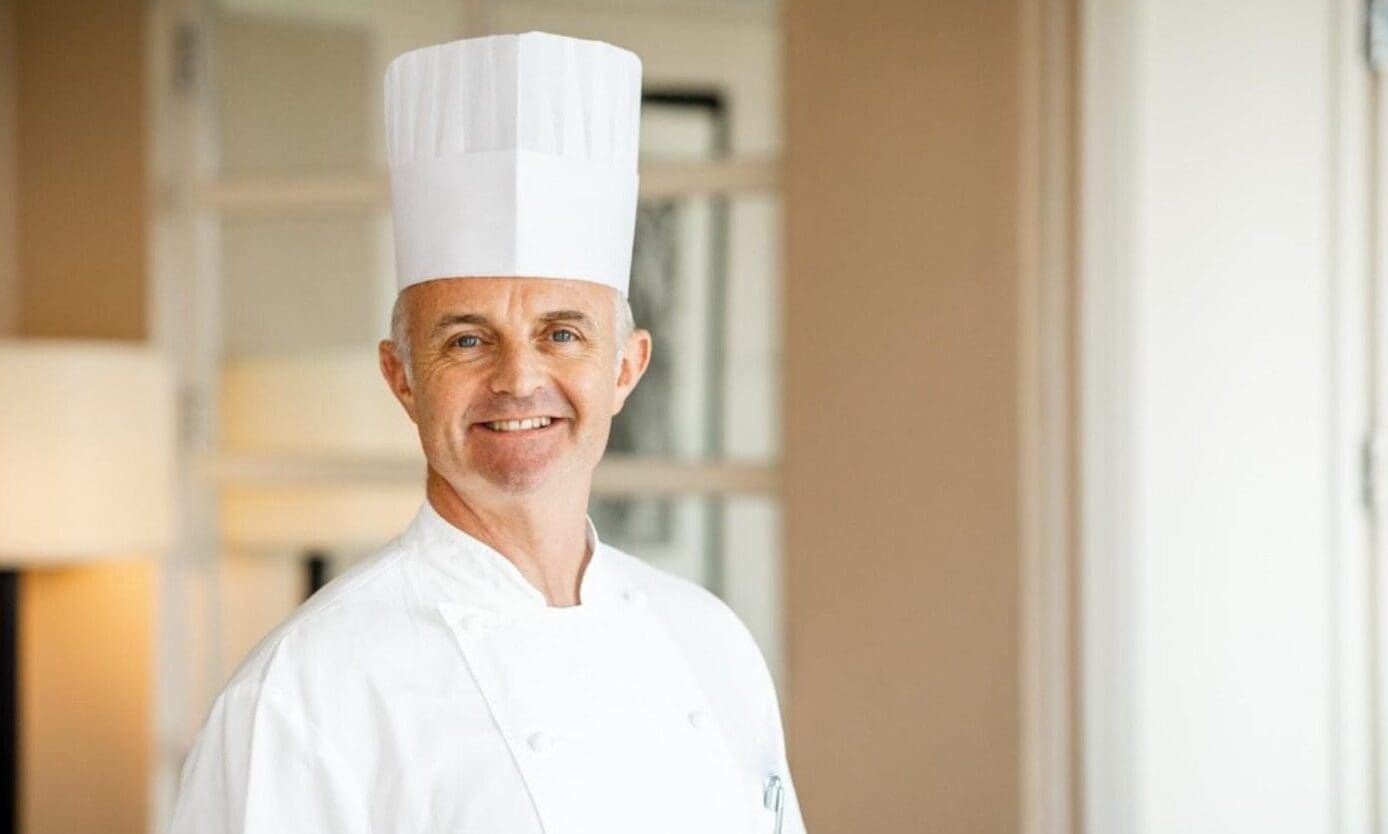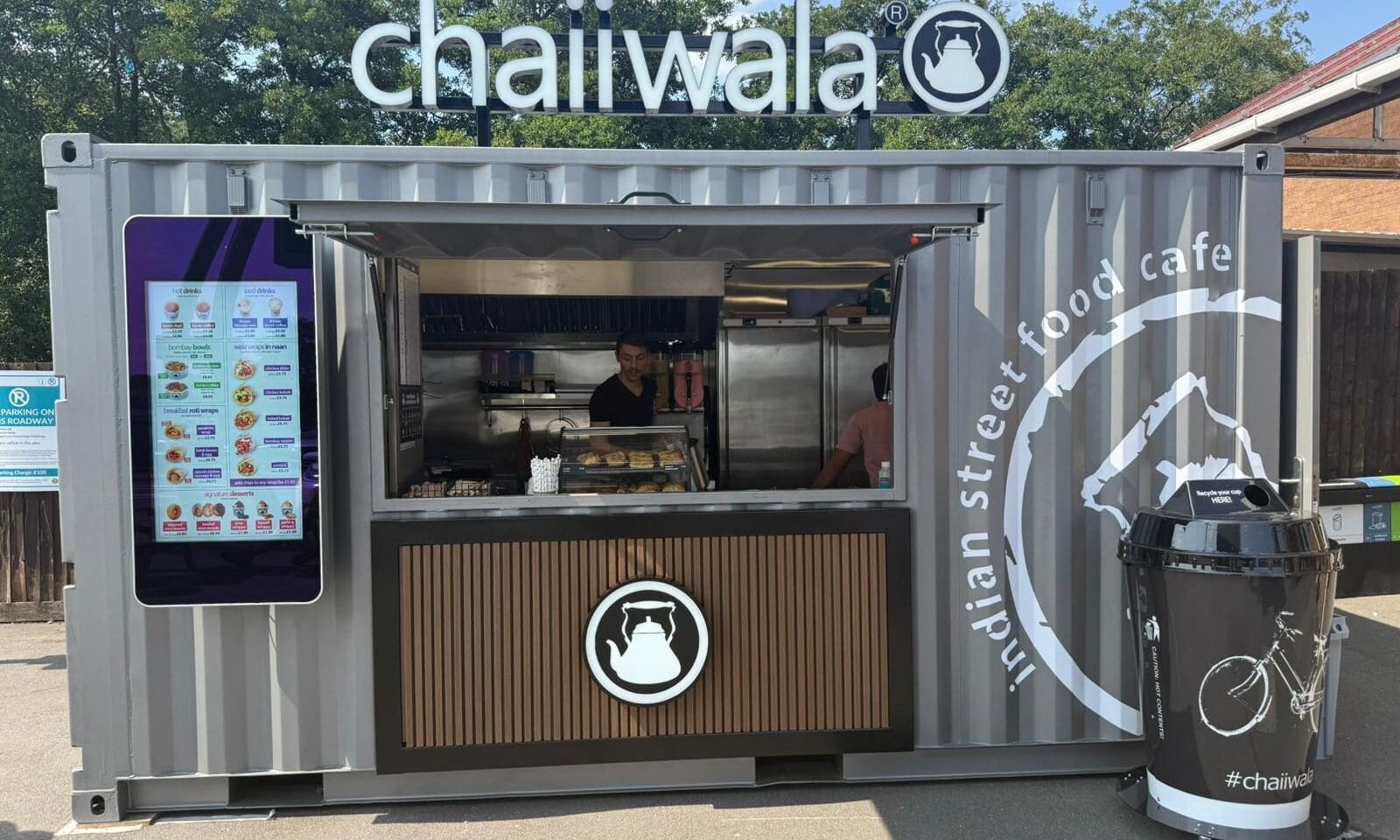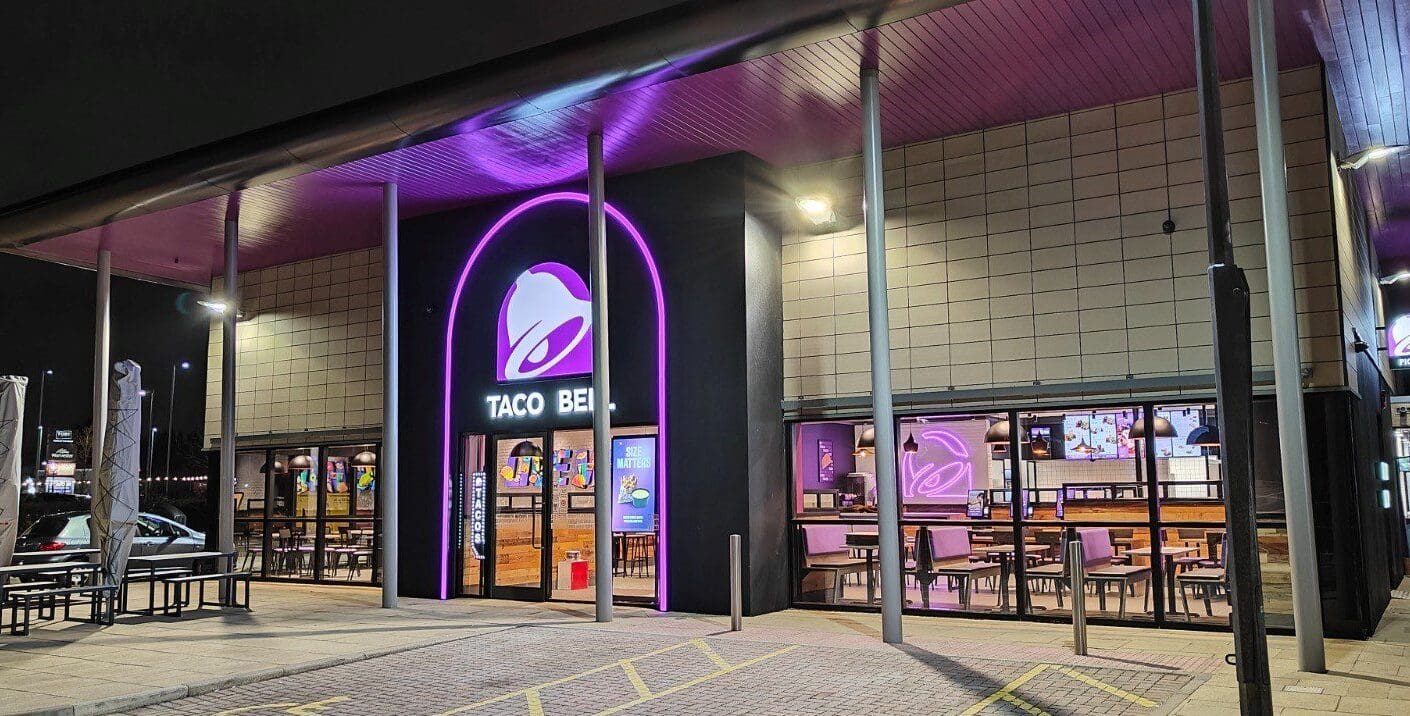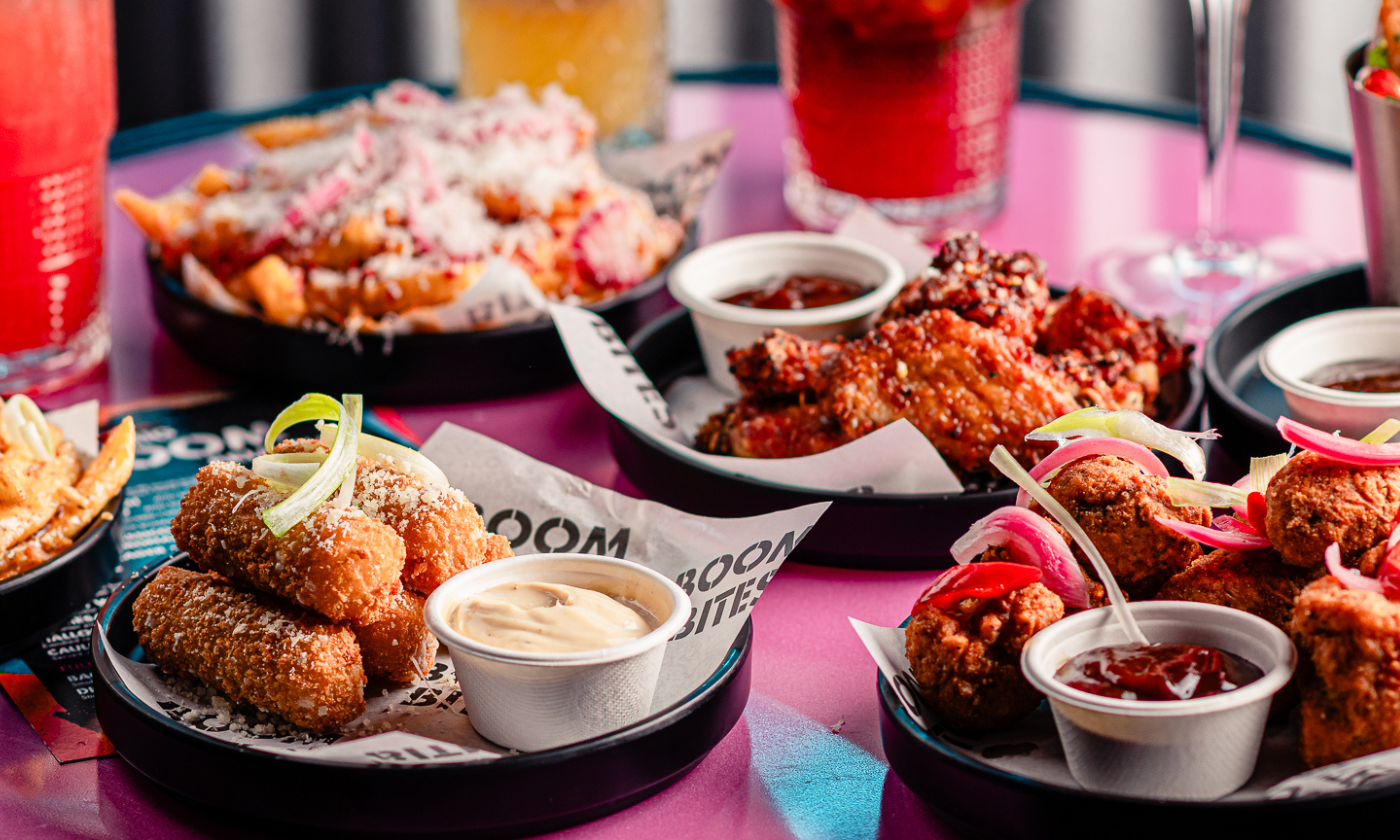Register to get 2 free articles
Reveal the article below by registering for our email newsletter.
Want unlimited access? View Plans
Already have an account? Sign in
Some 40% of Britain’s hospitality leaders grew more optimistic about their business prospects over the next 12 months, despite rising costs continuing to erode profits and threaten jobs, according to the latest Business Confidence survey from CGA by NIQ and Sona.
The survey, which covers the second quarter of 2025, marks a 7% rise from the previous quarter and the second consecutive increase.
However, broader confidence in the sector remains weak, with just 18% of leaders optimistic about hospitality as a whole. That figure is up by 3% since the previous quarter, but overall sentiment remains at historically low levels. Confidence in individual business prospects is down by 15% compared with the same period in 2024, and by 29% from August 2021.
Despite stable consumer spending and higher revenues for some, many businesses are struggling to maintain profitability amid ongoing cost pressures. Just over half (53%) of leaders said revenue rose year-on-year in the second quarter, nearly twice the 28% who reported a decline. But the growth is largely attributed to higher menu prices and new site openings rather than underlying sales growth. The CGA RSM Hospitality Business Tracker reported flat like-for-like spending over the first half of the year.
Rising costs, including increases in minimum wage, National Insurance contributions and sustained food and drink inflation, have squeezed margins. Some 37% of leaders reported a year-on-year drop in profits for the second quarter, compared with 27% who saw a rise. More than half (53%) now have fewer than six months of cash reserves, while 9% report having none.
Four in five leaders (84%) said they had raised prices since April, while nearly half (48%) reported cuts to staffing levels. A further 61% said they had reduced working hours, 34% had deferred pay increases, and 41% had cancelled investment plans.
Independent businesses appear most affected, with just 22% of leaders from smaller companies expressing confidence in their outlook – nearly half the sector average.
The findings have prompted renewed calls for government support. Respondents identified reduced business rates, a cut in VAT and reform of National Insurance as their top policy priorities.



